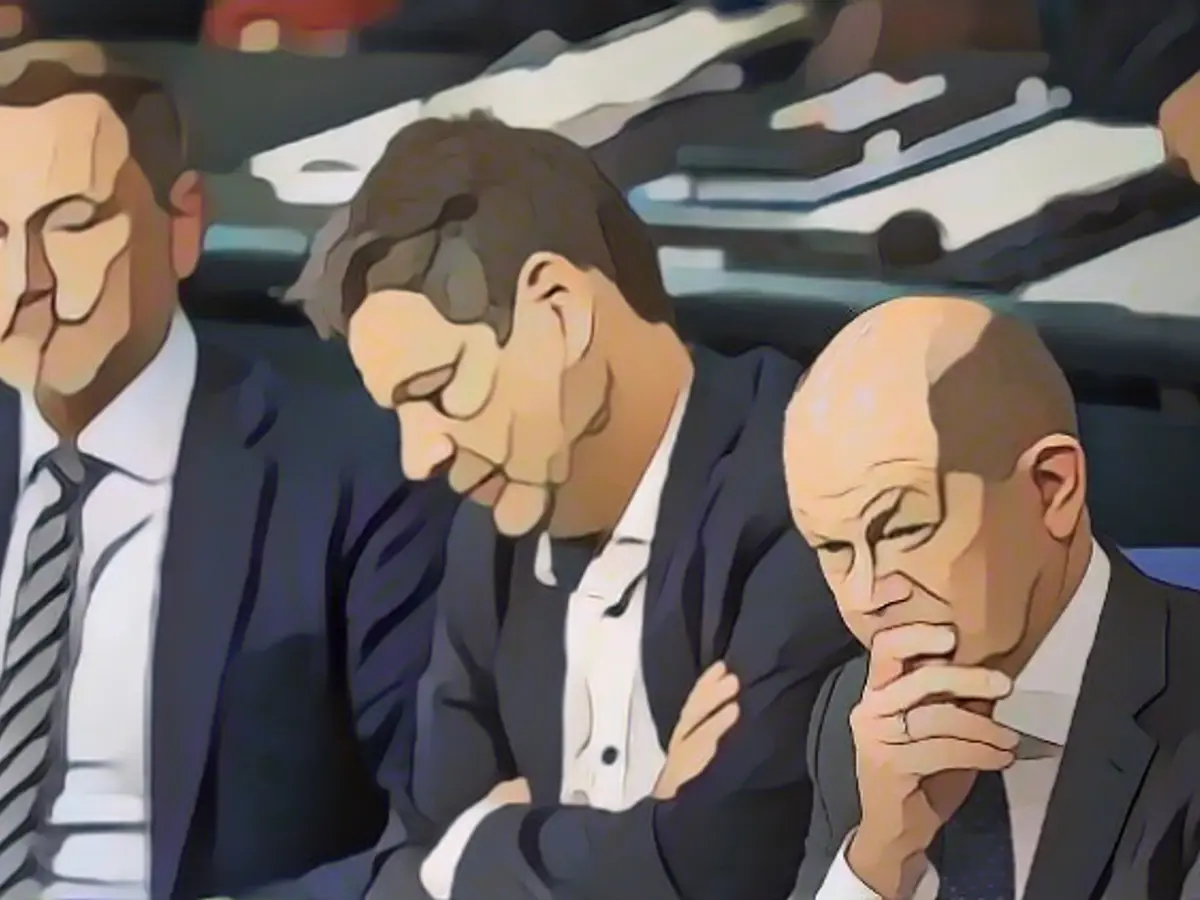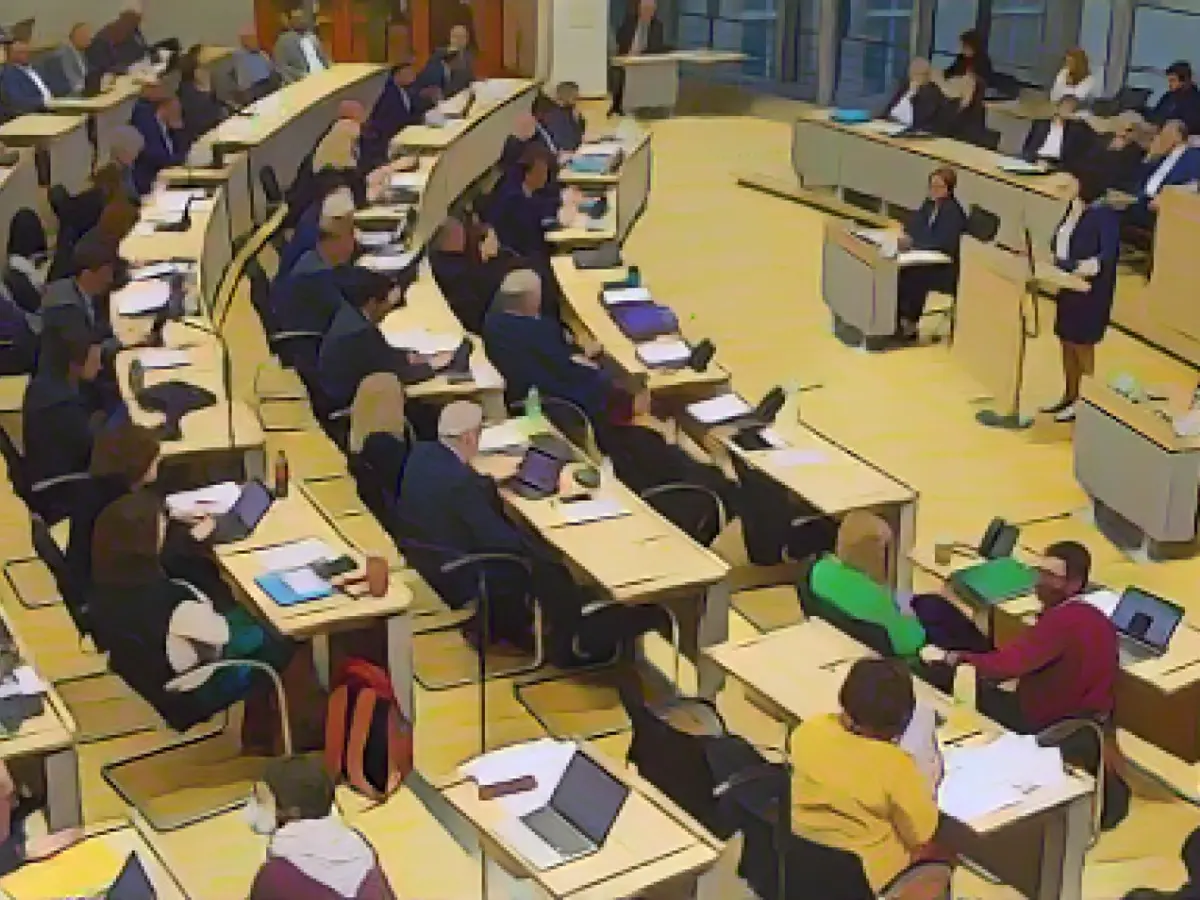The smokescreen of denial is finally lifting
For a long time, the representatives of the Traffic Light Coalition refused to acknowledge the gravity of the budget crisis. However, the last-minute cancellation of Robert Habeck's trip to the Middle East and the subsequent failure to produce a "Plan B" indicates a behind-the-scenes panic. While the German government scrambles to secure a deal on the 2024 budget, the parties involved continue to headbutt their price tags.
The cancellation of Habeck's trip to attend the COP world climate conference in Dubai was a belated admission of the Traffic Light Coalition's precarious position. Despite the optimistic public facade, there are real concerns within the coalition about an imminent, uncontrollable dynamic that could dismantle the coalition prematurely.
The Bitter Pill of Reality
Following the Karlsruhe court ruling, the government has only managed to present a solution for this year's budget due to the implicit applicability of the ruling to the Economic Stabilization Fund and the Ahrtal Fund. However, the judges explicitly overturned credit authorizations of €60 billion in the Climate Transformation Fund (KTF), leaving a substantial funding gap for climate projects in the coming years.
The canceled trip and the budgetary challenges have led to a contradictory communication style amongst the top members of the coalition. Their public statements and tactics appear to be a blend of serious demands, tactical bluster, and a desperate attempt to protect party interests.
The Shifting Landscape of Negotiations
As the deadline for an agreement approaches, tensions within the coalition have reached boiling point. The SPD refuses to touch social spending, the Greens demand that inflation compensation for the Citizen's Income cannot be changed, and both parties support non-negotiability for subsidies related to the Heating Act.
Meanwhile, the FDP has vetoed an increase in the Citizen's Income, echoing their conservative fiscal policies, which poses challenges for the coalition in reaching an agreement on the 2024 budget. This impasse is further complicated by the fact that the traffic light coalition relies on CDU/CSU support to pass the budget, potentially pushing the process beyond its breaking point.
In the midst of this political maelstrom, the Federal Chancellor and his cabinet must fashion a solution that appeases all parties, while maintaining the tenuous unity of what remains of the Traffic Light Coalition.
Enrichment Data:
- The Traffic Light Coalition, led by the Social Democrats (SPD), the Free Democratic Party (FDP), and the Greens, dissolved in November 2024, crippled by profound ideological disagreements and external pressures, including economic turmoil and the Russia-Ukraine conflict.
- The coalition struggled to balance its ambitious climate policies with the fiscal implications of skyrocketing energy prices, leading to significant hardships for households and businesses.
- The German economy is forecast to contract by 0.1% in 2025, a direct result of the coalition's failures in formulating cohesive budget and climate policies.
- The steep challenges in executing the coalition's energy transition agenda, coupled with weakened sectoral targets, have hindered the country's ability to meet its 2030 climate goals.








